
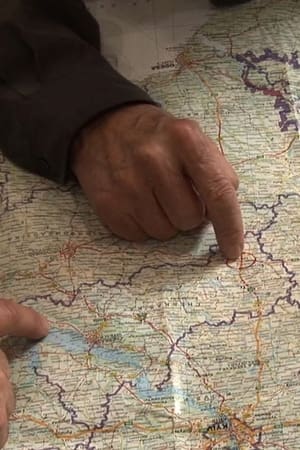
Treasure Under the Bridge: Pilgrimage to the Hasidic Masters of Ukraine(2015)
Conservative Rabbi Marc Soloway invites us on his personal journey to modern day Ukraine to visit the graves of the Hasidic Masters as he tries to establish a connection with the famous names that have so long occupied a place in his imagination.
Movie: Treasure Under the Bridge: Pilgrimage to the Hasidic Masters of Ukraine
Top 2 Billed Cast
Self - Host / Narrator (voice)
Self - Founder of the Jewish Renewal Movement
Video Trailer Treasure Under the Bridge: Pilgrimage to the Hasidic Masters of Ukraine
Similar Movies
 6.8
6.8Belarus: An Ordinary Dictatorship(fr)
It’s the last dictatorship of Europe, caught in a Soviet time-warp, where the secret police is still called the KGB and the president rules by fear. Disappearances, political assassinations, waves of repression and mass arrests are all regular occurances. But while half of Belarus moves closer to Russia, the other half is trying to resist…
 0.0
0.0Grandma, Please Tell Us About the Holodomor(uk)
This is a story about generations and the importance of preserving historical memory. The grandmother of one of the protagonists, Svitlana Zalishchuk, left behind a diary in which she recorded her memories of the terrible times. Veronika, a 12-year-old girl from Uman, and her mother made a film for the Autumn on Pluto 2.0 project about her grandmother Ksenia Logvyniuk, who told us where people found food and how they escaped starvation. Sasha, another 12-year-old protagonist of the film, did not find her great-grandmother alive, but she recreated her relative's experiences based on her father's stories.
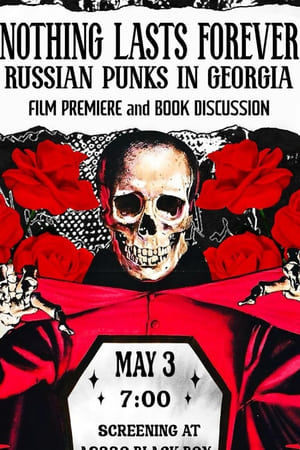 0.0
0.0Nothing Lasts Forever: Russian Punks in Georgia(en)
Since the full-scale invasion of Ukraine, many in Russia's DIY punk scene fled to Tbilisi, Georgia. Mobilization only exacerbated that trend. This documentary follows the stories of some of those punks but also explores the complicated socio-economic effects they have on the city. The film is about the potential for punk and other similar subcultures to make connections even across otherwise tense political borders.
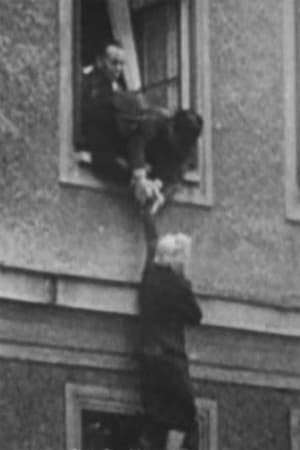 6.0
6.0King of the Jews(en)
King of the Jews is a film about anti-Semitism and transcendence. Utilizing Hollywood movies, 1950's educational films, personal home movies and religious films, the filmmaker depicts his childhood fear of Jesus Christ. These childhood recollections are a point of departure for larger issues such as the roots of Christian anti-Semitism.
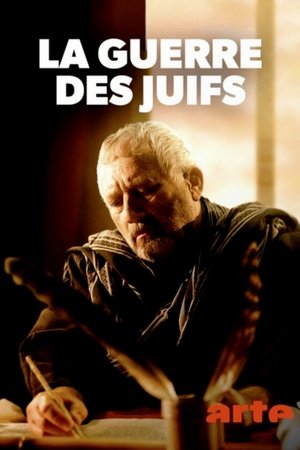 7.0
7.0The Jewish-Roman Wars(de)
In the first century, after the death of Herod the Great, Judea goes through a long period of turbulence due to the actions of the corrupt Roman governors and the internal struggles, both religious and political, between Jewish factions, events that soon lead to the uprising of the population and a cruel war that lasts several years and causes thousands of deaths, a catastrophe described in detail by the Romanized Jewish historian Titus Flavius Josephus.
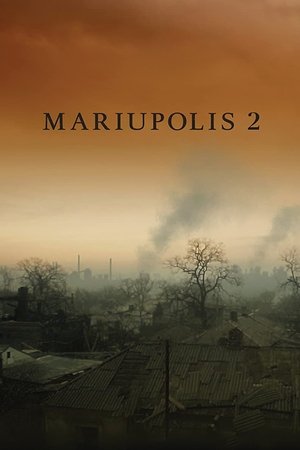 8.5
8.5Mariupolis 2(ru)
In 2022, Mantas Kvedaravičius went back to Ukraine, Mariupol, at the heart of the war, to be with the people he had met and filmed in 2015. Following his death, his producers and collaborators have put all their strength into continuing transmitting his work, his vision and his films. Also a PhD in anthropology, Mantas Kvedaravičius wished to testify as a filmmaker as far as possible from the agitation of the media and the politicians. With huge force and sensitivity, Mariupolis 2 depicts life as it continues amidst the bombing and reveals images that convey both tragedy and hope.
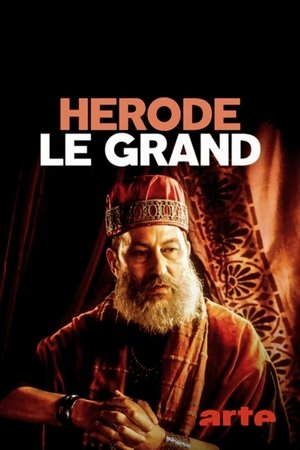 6.5
6.5Herod the Great: The Child Murderer of Bethlehem(de)
An account of the reign of Herod the Great, king of Judea under the rule of the Roman Empire, remembered for having ordered, according to the Gospel of Matthew, the murder of all male infants born in Bethlehem at the time of the birth of Jesus, an unproven event that is not mentioned by Titus Flavius Josephus, the main historian of that period.
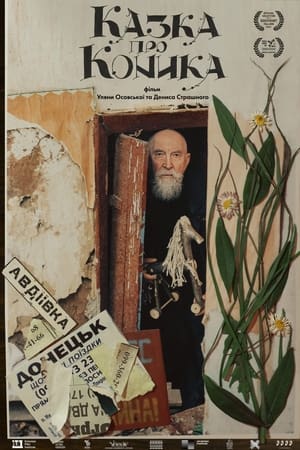 0.0
0.0Tales of a Toy Horse(uk)
In his own way, Anatoli Ljutuk is a legend of Tallinn's Old Town - a man from Western Ukraine who has built a unique world on Laboratory Street, the main core of which is the Ukrainian Cultural Center and Church. There, he engages in calligraphy, makes paper in a medieval way, carves traditional wooden toys in his workshop and makes books in the spirit of old monasteries. According to the oath taken a quarter of a century ago, he has promised to create something good every day. His daily commitment is challenged by the war that broke out in Ukraine, which Anatoly cannot passively ignore.
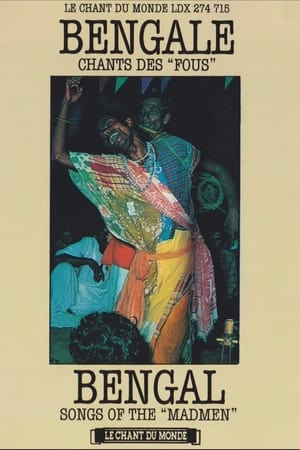 0.0
0.0Songs of the madmen(en)
The Bauls of West Bengal are nomad musicians who practice a traditional form of concert challenged by the increasing modernization of India. The term "Fous" here refers to those inspired and wandering musicians of Bengal known as Baül. The word Baül is derived from the Sanskrit word "vatul," which means "mad" in the sense that it commonly connotes a more or less frenetic behavior in French. The Baül are peculiar individuals, particularly in their mannerisms, customs, and practices. Although they may belong to either the Hindu or Muslim religion, the Baül refuse to be guided by any social or religious conventions. Freedom of spirit is their only guide. They thus move against the tide of habits, preconceived notions, and general theories. "Le chant des fous" (The Song of the Mad) is a film made by Georges Luneau.
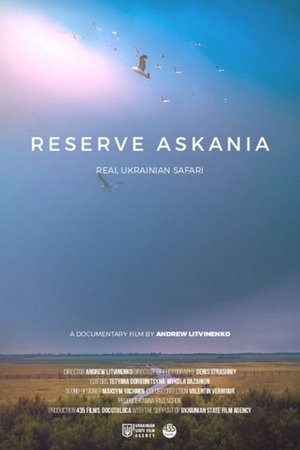 0.0
0.0Askania Reserve(uk)
Askania-Nova is the largest steppe wildlife sanctuary in Europe. It is located in south part of Ukraine, not far from Crimea peninsula. In order to underline this unique beauty we created a documentary musical film about life of animals and people in wildlife sanctuary of Askania-Nova. The movie reveals stories of a three protagonists, whose destinies were entangled because of wildlife sanctuary.
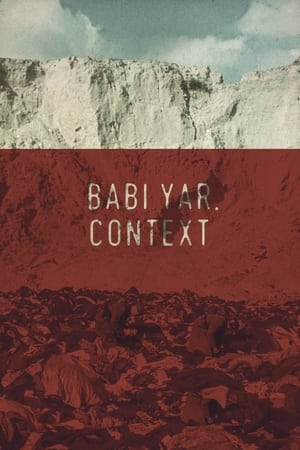 6.2
6.2Babi Yar. Context(ru)
Nazi troops massacre 30,000 Jews over a three-day period in September 1941. Babyn Yar ravine in Kyiv, Ukraine.
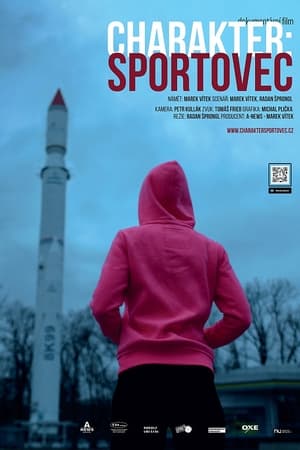 0.0
0.0Charakter: Athlete(cs)
During the aggression on Ukraine, Russian soldiers killed more than 400 Ukrainian athletes. Russians destroyed hundreds of stadiums, sports centers, gyms, and pools. Thousands of young athletes and children fled war to foreign countries.
Hard Work and "Whatever"(en)
This Ukrainian-Jewish teenager immigrated to San Francisco as a young child. Now on the brink of adulthood, she interviews her grandparents about their new lives yearning to see her American world through their eyes. Yelena understands that life in the US has changed her profoundly.
Through Immigrants' Eyes(en)
This Ukrainian-Jewish teenager immigrated to San Francisco as a young child. Now on the brink of adulthood, she interviews her grandparents about their new lives yearning to see her American world through their eyes. Yelena understands that life in the US has changed her profoundly.
Remember When We Immigrated Here?(en)
This Ukrainian-Jewish teenager immigrated to San Francisco as a young child. Now on the brink of adulthood, she interviews her grandparents about their new lives yearning to see her American world through their eyes. Yelena understands that life in the US has changed her profoundly.
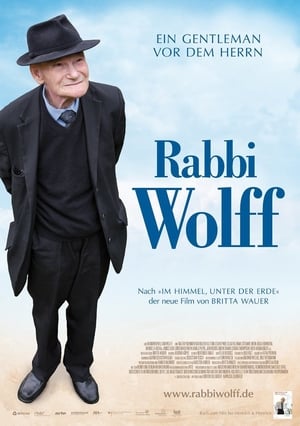 5.0
5.0Rabbi Wolff(de)
William Wolff is nearly 90 and perhaps the most unconventional rabbi in the world. As the State Rabbi of North-East Germany, he looks after the Jewish Communities in Schwerin and Rostock, but still lives in a bungalow near Henley-on-Thames. Midweek he usually flies from Heathrow to Germany. After the services on Saturdays, he either makes his way home or on a leisure city trip. His annual highlight is betting at the Horse Race of Royal Ascot and joining a fasting-retreat in Bad Pyrmont. Willy Wolff leads a Jet-Set-Life, which he actually cannot afford, but dealing with money isn't one of his strengths. Naturally, that occasionally leads to quite temporal conflicts. Rabbi Wolff is the portrait of a fascinating character, a deeply religious man who, blessed with a tremendous joie de vivre, defies all conventions. More than that, it gives insight into the world of Judaism and introduces us to a uniquely German biography.
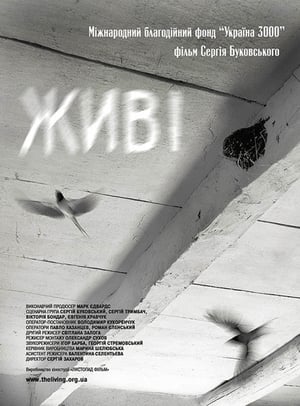 0.0
0.0The Living(uk)
Tells the story of the tragic events in Ukraine in 1932-33, the genocidal Great Famine or the Holodomor, and one Welshman's attempts to tell the world what was happening.
Out of Darkness: Heavy is the Crown (Vol. 1)(en)
An examination of how Africa's mythological stories have served as the basis for the world religions that came after, especially in Western civilization.
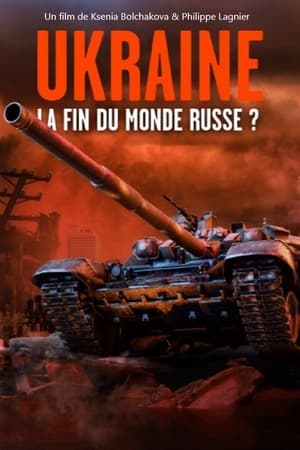 7.0
7.0Ukraine : la fin du monde russe ?(fr)
By invading this "state fiction" that is, according to him, Ukraine, Vladimir Putin takes up the motto of the tsars: "sovereign of all Russia, the great, the small and the white". The first would have Moscow as its capital, the second, kyiv, and the last, Minsk.
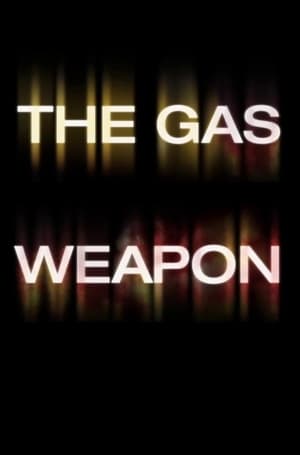 0.0
0.0The Gas Weapon(sv)
Analysis of the impact of natural gas - more specifically, the Ukrainian and European dependence on Russian gas - on European politics in the wake of Euromaidan. Featuring interviews with high-level government officials, journalists and industry analysts from several countries, the film argues that a generation after its break from the USSR, Ukraine is independent in name only. To bring the country to its knees, all Russia has to do to is turn off the gas, as it did briefly in the winters of 2005 and 2009.
